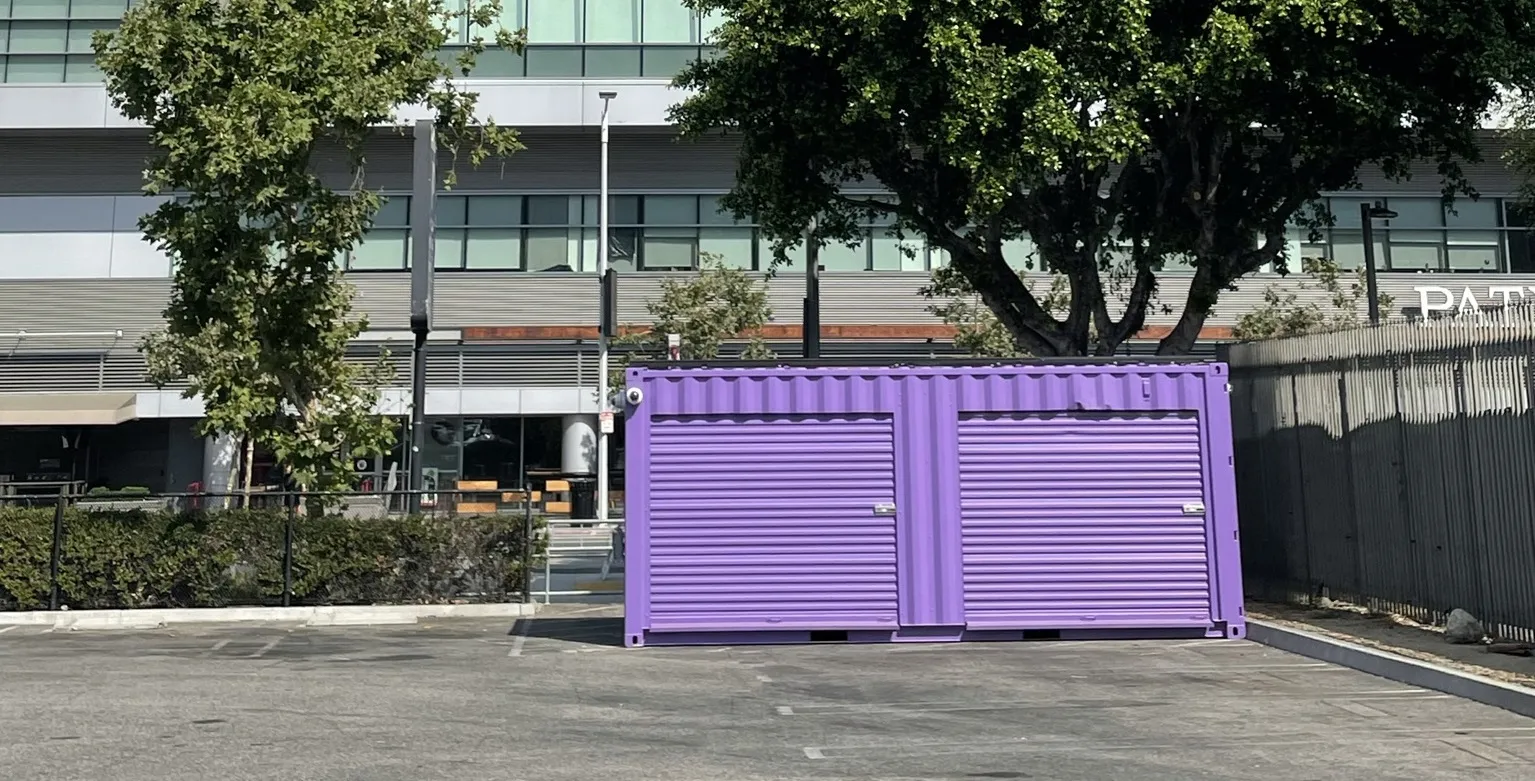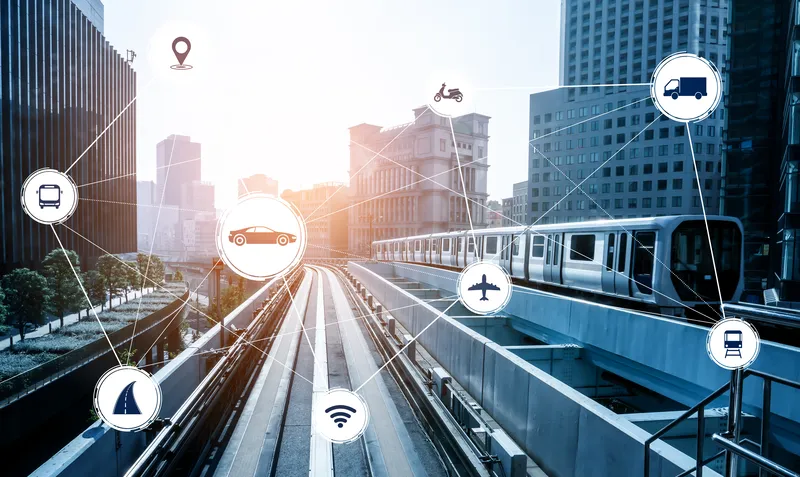October 28, 2019
Read time: 1 min
ABB is supplying 20 DC fast chargers across Egypt which it says can recharge electric vehicles (EV) in 15 minutes.
The company says the deployment supports Egypt’s plans to reduce air pollution by 50% by 2023.
The Terra 53 DC fast chargers are being installed at National Petroleum Company gas stations across the country’s road network, car dealerships and busy urban areas.
Each charger comes with ABB Ability connected services, which continuously collects data to remotely monitor and control the operation of the chargers.








